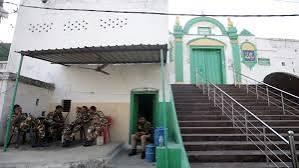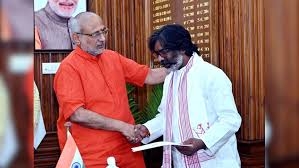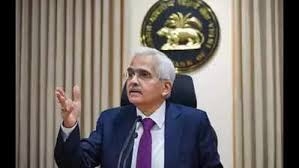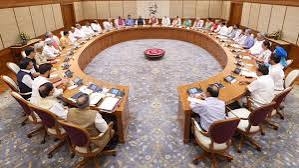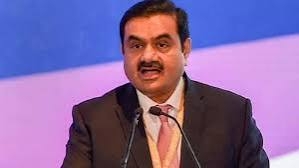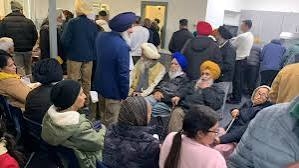The head of the main Indian health agency responding to the coronavirus has said districts reporting a high number of infections should remain locked down for another six to eight weeks to control the spread of the rampaging disease.
Dr. Balram Bhargava, head of the Indian Council of Medical Research (ICMR), said in an interview that lockdown restrictions should remain in place in all districts where the rate of infection is above 10% of those tested.Currently, three-fourths of India's 718 districts have what is known as a test-positivity rate above 10%, including major cities like New Delhi, Mumbai and the tech hub of Bengaluru.
Bhargava's comments are the first time a senior government official has outlined how long lockdowns, which already encompass large parts of country, need to continue to rein in the crisis in India.Prime Minister Narendra Modi's government has shied away from imposing a nationwide lockdown because of the economic impact and has left it to state governments.
Several states have introduced varying levels of curbs on economic activity and public movement to stop the spread of the virus, which are mostly being reviewed and extended on a weekly or fortnightly basis.
"The high positivity districts should remain (shut). If they come to 5% from 10% (positivity rate) we can open them, but that has to happen. That won't happen in six-eight weeks, clearly," Bhargava said in an interview at the New Delhi headquarters of the ICMR, the country's top medical research body.
Referring to the capital, one of India's hardest hit cities where the positivity rate reached around 35% but has now fallen to about 17%, Bhargava said: "If Delhi is opened tomorrow, it will be a disaster."
The head of the main Indian health agency responding to the coronavirus has said districts reporting a high number of infections should remain locked down for another six to eight weeks to control the spread of the rampaging disease.
Dr. Balram Bhargava, head of the Indian Council of Medical Research (ICMR), said in an interview that lockdown restrictions should remain in place in all districts where the rate of infection is above 10% of those tested.Currently, three-fourths of India's 718 districts have what is known as a test-positivity rate above 10%, including major cities like New Delhi, Mumbai and the tech hub of Bengaluru.
Bhargava's comments are the first time a senior government official has outlined how long lockdowns, which already encompass large parts of country, need to continue to rein in the crisis in India.Prime Minister Narendra Modi's government has shied away from imposing a nationwide lockdown because of the economic impact and has left it to state governments.
Several states have introduced varying levels of curbs on economic activity and public movement to stop the spread of the virus, which are mostly being reviewed and extended on a weekly or fortnightly basis.
"The high positivity districts should remain (shut). If they come to 5% from 10% (positivity rate) we can open them, but that has to happen. That won't happen in six-eight weeks, clearly," Bhargava said in an interview at the New Delhi headquarters of the ICMR, the country's top medical research body.
Referring to the capital, one of India's hardest hit cities where the positivity rate reached around 35% but has now fallen to about 17%, Bhargava said: "If Delhi is opened tomorrow, it will be a disaster."








37.jpeg)

